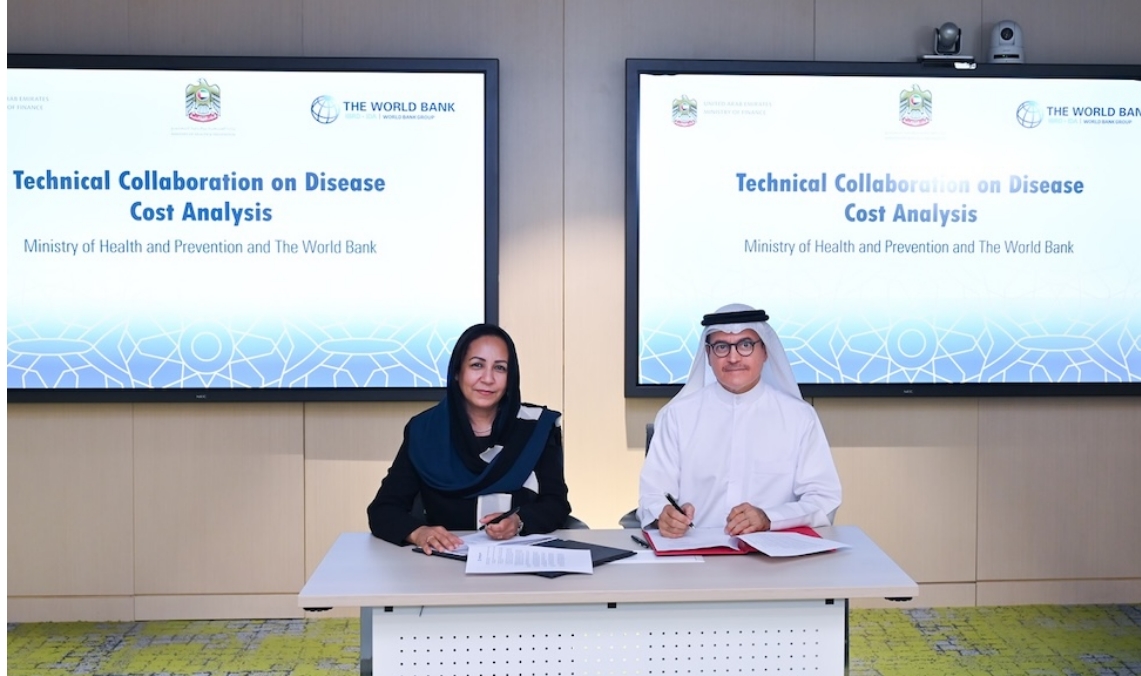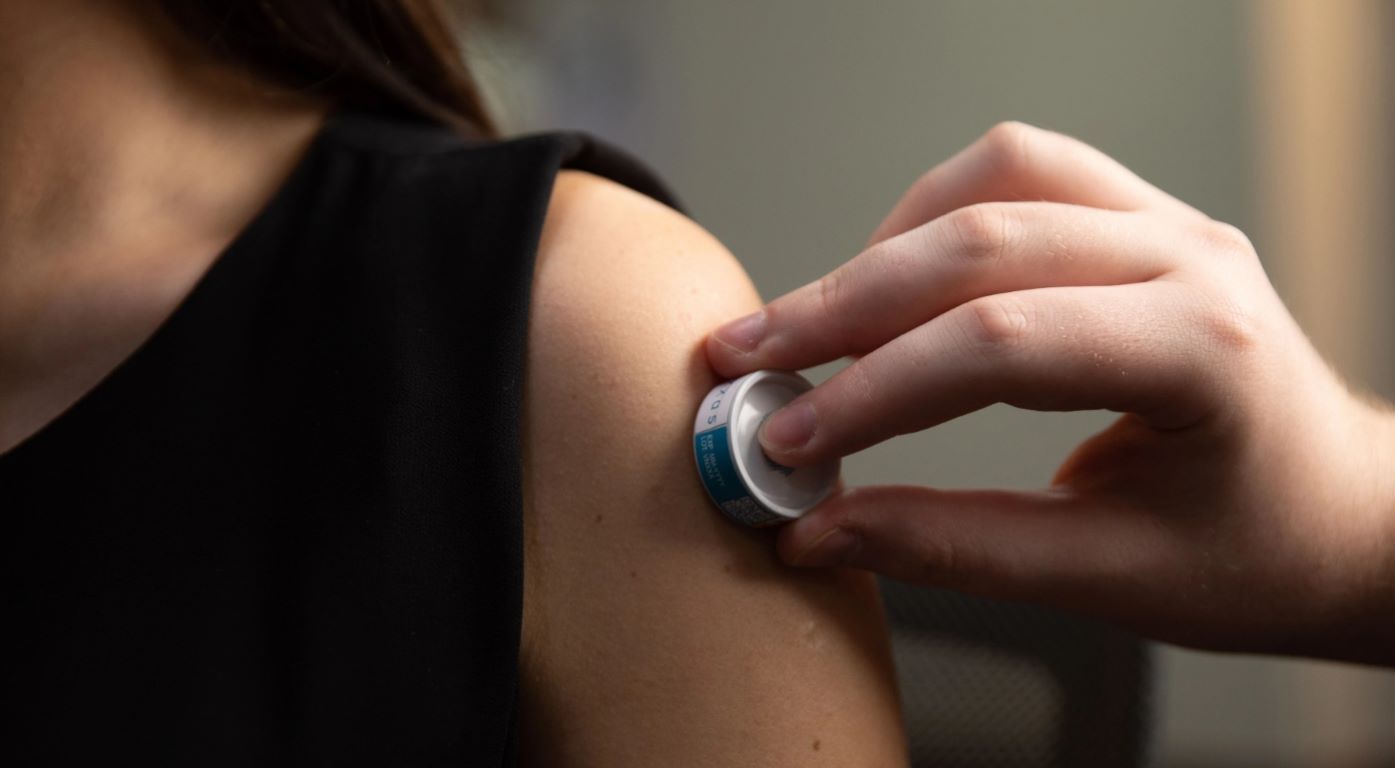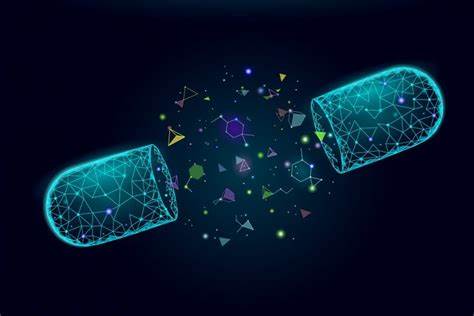Novoheart licenses Harvard technology to develop Next-Gen human heart-in-a-jar
17 December 2019 | News
Receives an exclusive license from Harvard University to integrate pioneering bioreactor technology that accommodates model ventricles and optional valves into the "human heart-in-a-jar" model

image credit- twitter.com
Novoheart, a global stem cell biotech company that invented and commercialized the world's first and only "human heart-in-a-jar" model for drug discovery and development, announced an exclusive licensing agreement with Harvard University's Office of Technology Development. The resultant next-generation model will have unparalleled biofidelity as well as enhanced predictive accuracy, capacity and versatility for broader commercial applications in drug discovery and pre-clinical testing for safety and efficacy
The agreement enables Novoheart to combine its state-of-the-art MyHeartTM Platform with Harvard's pioneering tissue-engineered scale model of the heart ventricle and bioreactor technology. The valved bioreactor technology was developed in the lab of Kevin Kit Parker, PhD, who is the Tarr Family Professor of Bioengineering and Applied Physics at Harvard John A. Paulson School of Engineering and Applied Sciences, a Core Faculty member at Harvard's Wyss Institute for Biologically Inspired Engineering and a Principal Faculty Member at the Harvard Stem Cell Institute. The resultant next-generation "human heart-in-a-jar" is expected to offer a superior human heart model for disease modelling, drug discovery and development, with unmatched fidelity as well as significantly enhanced predictive accuracy, capacity and versatility.
Novoheart Co-founder and CSO, Kevin Costa, commented, "By integrating Harvard's valved bioreactor technology with our own proprietary human heart-in-a-jar, Novoheart will advance its disease modelling capabilities to an unprecedented level of fidelity for in vitro human cardiac assays. It will lead to the development of next-generation heart models that would be impossible in the absence of functional valves, including for highly prevalent heart diseases such as dilated cardiomyopathy and hypertrophic cardiomyopathy. The models can be directly applied to the discovery of new therapeutics targeting such diseases."
The academic work led by Luke MacQueen, a research associate in the Parker Lab and the Wyss Institute, recently received the best poster award at the fall meeting of the Materials Research Society.
Parker said, "My lab develops engineered cardiovascular tissue in order to better understand the physiology of the system, better identify the causes and mechanisms of disease, and develop regenerative solutions for patients in need. While we continue that work at Harvard, it is gratifying to see our innovations adopted into a platform with immediate relevance to the discovery and development of new therapeutics."
Novoheart's approach marks an important step away from using mice in traditional testing models, which have limited predictive ability for drug discovery due to key differences in genetic makeup and physiology. Novoheart's proprietary human-specific heart models offer an innovative and powerful platform to develop new therapies and test for safety and efficacy.
Novoheart Co-founder and CEO, Ronald Li, commented, "Novoheart's human heart-in-a-jar is already in use by our various pharma and biotech clients. We anticipate that incorporating Harvard's technology will broaden our commercial applications and offerings for facilitated drug discovery and development."











